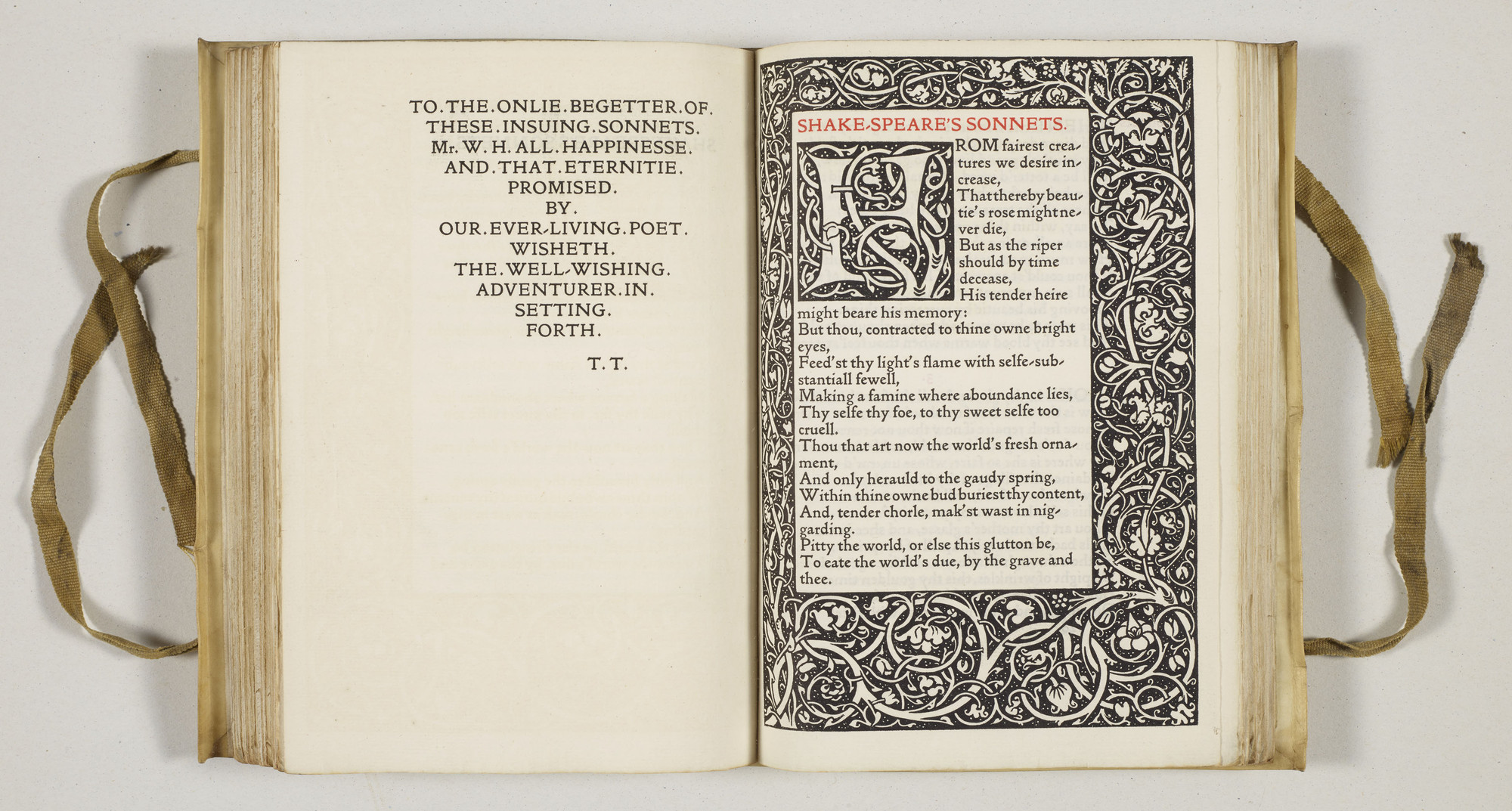Secrets of sonnets

What is a sonnet?
The sonnet was a popular form of poetry during the Renaissance period. Consisting of fourteen lines, the sonnet typically offers contemplation upon a theme such as beauty, love, or grief, and ends with a revelation, or a change of thought on the part of the poet. William Shakespeare wrote some 154 sonnets, first published together in 1609. It is believed that the playwright first turned to writing poetry when the English theatres closed owing to an outbreak of the plague.
1. Choose a theme
Although sonnets often contemplate love, nature, or time, your poem could focus on any subject of your choice. Why not take inspiration from a work of art from within the Royal Collection?
2. Decide upon a rhyme scheme
Sonnets do not have to rhyme, though they frequently did – an example of the popular rhyme scheme ABABCDCDEFEFGG can be found in Shakespeare’s Sonnet 18:
A Shall I compare thee to a summer's day?
B Thou art more lovely and more temperate:
A Rough winds do shake the darling buds of May,
B And summer's lease hath all too short a date:
C Sometime too hot the eye of heaven shines,
D And often is his gold complexion dimm'd;
C And every fair from fair some-time declines,
D By chance, or nature's changing course, untrimmed;
E But thy eternal summer shall not fade,
F Nor lose possession of that faire thou ow'st;
E Nor shall death brag thou wand’rst in his shade,
F When in eternal lines to time thou grow'st,
G So long as men can breathe, or eyes can see,
G So long lives this, and this gives life to thee.
3. Write in iambic pentameter
Far more simple than it sounds, iambic pentameter is a particular rhythm of the words in a line, with 10 alternating short (or unstressed) and long (or stressed) syllables: di-dum di-dum di-dum di-dum di-dum.
An iambus is a 2-syllable ‘foot’ and in a pentameter there are 5 of them (pente means 5 in Greek), thus 10 syllables in total.
It may feel unnatural to apply this rhythm to lines of poetry, but this technique is very well adapted to the English language: ‘It’s easy when you think of it like that’.
Why not practice talking in iambic pentameter before trying to write it down?







